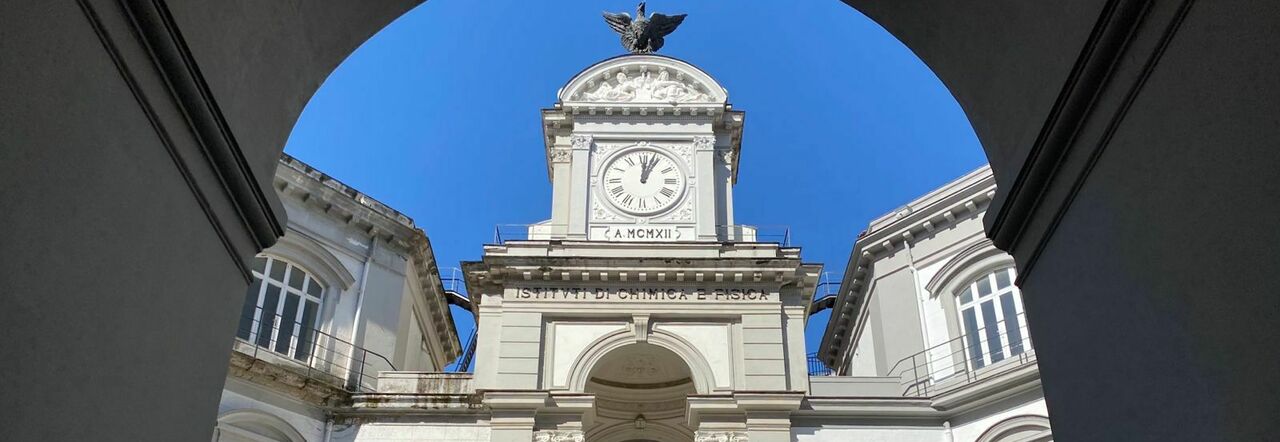Rediscovering European Integration: A Legal Storytelling Approach

Saturday 16 March 2024, 16:30 - Last updated :
20:19
2 Minutes of Reading
On March 21 and 22, the Guarino Hall of the Federico II University will host the second meeting of the project "Rediscovering European Integration Through Legal Storytelling" (PRIN 2022), coordinated by professors Amedeo Arena (Federico II University), Maria Eugenia Bartoloni (Vanvitelli University), and Mario Riberi (University of Turin).
This research project, involving three research units (Federico II University, University of Turin, and Vanvitelli University), aims to analyze the most important rulings of the European Court of Justice in light of their historical context, also focusing on the protagonists of the judicial events that have deeply influenced the process of European integration.
This meeting, following the inaugural event held last autumn at the Historical Archives of the European Union in Florence, will be an opportunity for discussion among experts from different legal and historical disciplines. More than twenty scholars, from Italian and foreign universities, will gather in Naples to present the preliminary results of their research or to provide suggestions and reflections to the other researchers participating in the project.
"European Union law is perceived by many as a phenomenon that is far from the citizen," commented Amedeo Arena, the project's creator and head of the unit based at the Federico II University, "yet, such law has developed precisely thanks to the initiative of citizens who decided to go to court to assert their rights. Such actions have indeed given rise to jurisprudential rulings that enunciate principles applicable to all European citizens. This research project therefore intends to go beyond the text of the Court of Justice's rulings, to identify and know these protagonists, sometimes unaware or forgotten, of the European integration process."
Professor Bartoloni, head of the Research Unit at the Vanvitelli University, added "The rulings of the Court of Justice that we define as 'historic' are often crystallized in a narrative that, while capturing their sense of innovation, does not at all exhaust their innovative scope. The workshop on March 21 and 22, through the method of storytelling, will allow us to highlight also the unexplored or underappreciated aspects of these rulings. Each scholar, through their scientific sensitivity, will accompany us in the historical, factual, and political context that framed each ruling and that made it a great or small milestone of European integration."
"This second workshop is an important point in the development of our project, especially regarding the applied methodology, which I find truly innovative, of storytelling," declared Professor Riberi, head of the Research Unit at the University of Turin. "In other words, it is about telling the rulings that made Europe, contributing to peace and integration among nations that, for centuries, have been constantly at war. We are also focusing on the role of judges, Advocate Generals, clerks, and parties. In short, it is a multi-voiced project, a meeting between the history of the rulings and the historical-political context in which they were pronounced."
© ALL RIGHTS RESERVED
This article is automatically translated
This article is automatically translated
